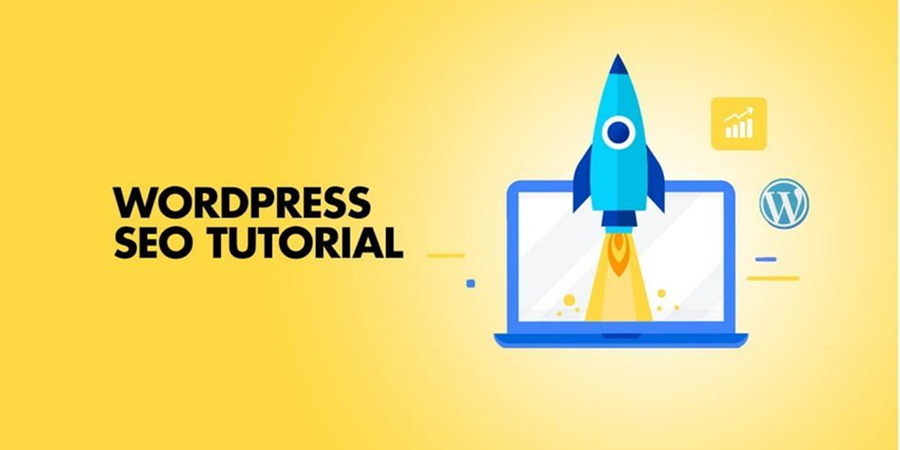In the ever-evolving landscape of digital marketing, search engine optimization (SEO) stands as a fundamental pillar for online success. To enhance your website’s visibility and attract organic traffic, a comprehensive understanding of both on-page and off-page SEO is essential. In this article, we will delve into the intricacies of these two crucial aspects, exploring the strategies and techniques that can elevate your website’s rankings on search engine result pages (SERPs).
1. On-Page SEO:The Foundation of Success
On-page SEO refers to the optimization efforts made directly on your website to improve its search engine ranking. This includes various elements such as content, HTML source code, and website architecture. A solid on-page SEO strategy not only boosts your website’s visibility but also enhances user experience. Here are some key on-page SEO factors to focus on:
High-Quality Content:
Content is king in the realm of SEO. Google’s algorithms prioritize websites that provide valuable, relevant, and high-quality content. Create content that answers user queries, incorporates relevant keywords naturally, and is engaging for your audience. Regularly update and refresh your content to keep it current and appealing.
Keyword Optimization:
Identifying and incorporating relevant keywords into your content is crucial for on-page SEO. Conduct thorough keyword research to understand what terms your target audience is searching for. Place these keywords strategically in your titles, headings, meta descriptions, and throughout your content. However, avoid keyword stuffing, as it can lead to penalties from search engines.
Meta Tags:
Optimize meta tags, including title tags and meta descriptions, for each page on your website. These tags provide concise information about the content and help search engines understand the relevance of your pages. Write compelling and unique meta descriptions to encourage click-throughs from the SERPs.
URL Structure:
Ensure your URL structure is clean, concise, and reflects the hierarchy of your website. Include relevant keywords in your URLs to provide both search engines and users with clear information about the page’s content. Avoid using lengthy and confusing URLs that can impact user experience.
Header Tags:
Use header tags (H1, H2, H3, etc.) to structure your content logically. Search engines use these tags to understand the hierarchy and importance of the content on your page. Incorporate relevant keywords into your headers to reinforce the page’s topical relevance.
User Experience and Page Speed:
User experience is a critical factor in on-page SEO. Ensure your website is mobile-friendly, easy to navigate, and offers a seamless user experience. Page speed is also a ranking factor, so optimize images, leverage browser caching, and employ other techniques to enhance your site’s loading times.
2. Off-Page SEO: Building Authority and Trust
While on-page SEO focuses on optimizing your website’s content and structure, off-page SEO is concerned with external factors that influence your site’s credibility and authority. Building a strong off-page SEO strategy is vital for establishing trust with search engines and users alike. Here are key elements of off-page SEO:
Link Building:
Link building remains a cornerstone of off-page SEO. Quality backlinks from reputable websites signal to search engines that your content is valuable and trustworthy. Focus on acquiring natural, high-authority backlinks through strategies such as guest posting, outreach, and creating shareable content.
Social Media Presence:
Social media signals are increasingly influential in search engine algorithms. Maintain an active presence on popular social media platforms, and share your content to increase visibility. Social media engagement can drive traffic to your site and contribute to your overall online presence.
Online Reviews and Reputation Management:
Positive online reviews contribute to your website’s credibility. Encourage satisfied customers to leave reviews on platforms like Google My Business, Yelp, and industry-specific review sites. Address negative reviews promptly and professionally to demonstrate your commitment to customer satisfaction.
Brand Mentions:
Even without a direct link, brand mentions contribute to your website’s authority. Monitor online mentions of your brand and engage with your audience. Building a strong brand presence can lead to more mentions and increased visibility in search results.
Influencer Marketing:
Collaborating with influencers in your industry can broaden your reach and attract new audiences. When influencers share and endorse your content, it can result in increased visibility, traffic, and trustworthiness.
Social Bookmarking:
Submitting your content to social bookmarking sites can boost its visibility and drive traffic. Platforms like Reddit, Digg, and StumbleUpon allow users to discover and share content, potentially leading to increased engagement and backlinks.




Leave A Comment
You must be logged in to post a comment.